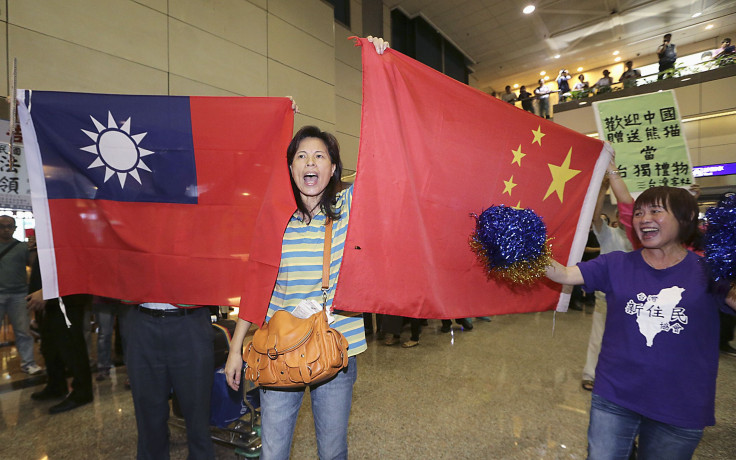China Opposes Expected US Arms Sale To Taiwan, Says Deal May Affect Ties Between Beijing And Taipei

China on Wednesday reiterated its opposition to the expected sale of arms from the United States to Taiwan, saying that the move would threaten existing relations between Beijing and Taipei. The criticism from Ma Xiaoguang, spokesman for the Chinese Cabinet's Taiwan Affairs Office, comes a day after China's foreign ministry said its ties with the U.S. could be affected due to the deal.
"We resolutely oppose sales of weaponry or military technology to Taiwan by any country in any form or using any excuse," Ma said, according to the Associated Press (AP), adding: "Meanwhile, we also hope that the Taiwanese side will treasure the excellent hard-won results of the peaceful development of relations between the sides and do more to benefit the improvement and development of ties between the two sides."
Ma’s comments follow a report Tuesday by Reuters, which cited U.S. congressional sources as saying that the U.S. government plans to go ahead with the arms sale despite China’s apprehensions. The deal, if successful, would be America's first arms sale to Taiwan in four years, marking the longest gap in such arms sales in nearly as many decades.
Taiwan expects to pay $176 million for two Perry-class frigates and would decide on another two depending on its needs, Reuters reported. The sale comes a year after Congress passed the Naval Transfer Act, which authorized the sale of four such vehicles to Taiwan last December.
The AP report said that the arms sale would include navy frigates, mine sweepers, Stinger missiles and other equipment.
Even as Beijing claims Taiwan as part of its territory and opposes all arms sales to the island, their relations have improved tremendously due to China-friendly stance of the administration of Taiwanese President Ma Ying-jeou. Last month, Ma and Chinese President Xi Jinping met in Singapore, marking the first meeting between the heads of state since the sides split amid the 1949 civil war.
© Copyright IBTimes 2025. All rights reserved.






















